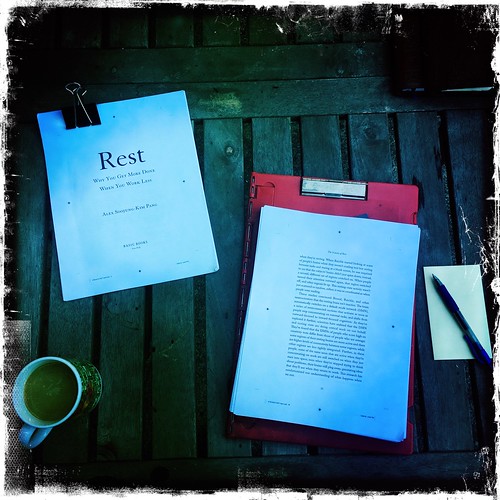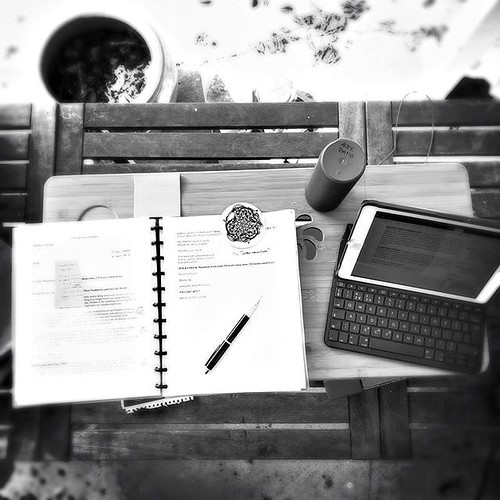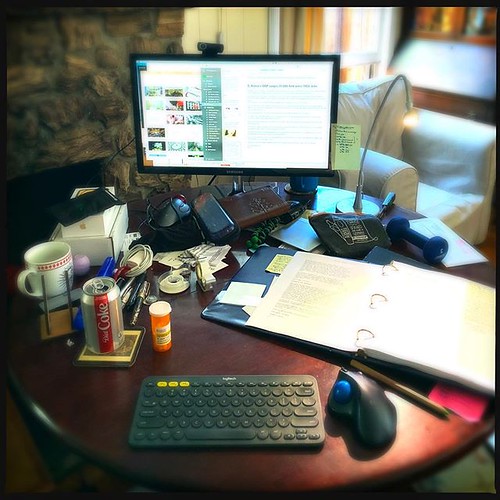
This sign sums up my sabbatical
I’m quoted in an article about “Do-It-Yourself Sabbaticals” in today’s New York Times. It’s a good piece, if I do say so myself: Steven Kurutz did a good job finding an interesting cross-section of people.
I had a sabbatical in 2011 at Microsoft Research Cambridge, and I essentially live-blogged the experience, starting with my first night in Cambridge, to my last, with lots of adventures in between.
Kurutz talks to a number of people who designed their own sabbaticals, and talk about how great it was for their careers and personal lives. For me, the experience was life-changing. I wrote two books (THE DISTRACTION ADDICTION and REST) as a direct result of it, opened up some new lines of research and rediscovered some old ones.
Even more important in the long run, I profoundly changed my approach to work, and the way I see the relationship between work and time.
Working as a consultant in Silicon Valley (and in my previous jobs as an academic and editor) it’s very clear how to measure how much you work and passionate you are about your job: it’s all about how many hours you spend on the job, and in particular, how much extra time you voluntarily spend working. Overwork is a sign that you’re in demand, that you care about what you’re doing, that you’re committed to finishing the job no matter what. Or that’s what we tell ourselves, anyway.
As a consultant you’re not making widgets or plowing fields, so there aren’t clear external measures of how well you’ve done or when you should stop: the factory whistle never blows, and you don’t come in from the field when the sun goes down.
There’s nothing that tells you that it’s okay to stop. And at some point I realized that no matter how much time I put in, I was never completely caught up: there was always more to be done, or more I could do.
So I happily worked this way for years… until it no longer worked for me.
Fortunately (or incredibly), I was offered a sabbatical in Cambridge, and had three months to reset, to start some serious new research, and basically to get my life back in order.
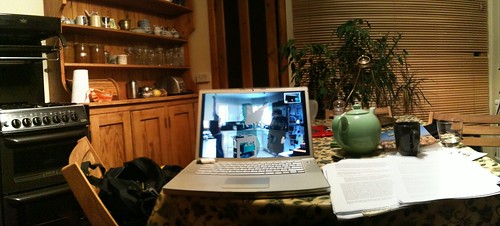
The kitchen of our place in Cambridge
What I discovered while I was there, and what I’ve continued to explore in my books, is a very different way of thinking about work, and a different way of working.
In REST, I talk about how some of history’s most important thinkers and most accomplished figures discovered the restorative and creative power of rest, and structured their days and lives to harness it: how they layered work and rest in their daily schedules, used walks and exercise to give their creative subconscious time to explore ideas, and used sabbatical to reset and recharge their intellectual and mental batteries.
I continue this line of research in my new book, SHORTER. In that book, I look at companies that have moved to 4-day weeks in an effort to become more creative, sustainable, and attractive places to work— and how they’ve managed to reduce working hours without cutting salaries, productivity or profitability.
What they show is that overwork isn’t productive, it isn’t sustainable, and it doesn’t need to be how you express your passion or commitment to your work. Working intensively, strategy altering periods of work and rest— in your daily schedule, in your annual calendar, and in your life— lets you do better work, lets your work longer, and makes companies better places to work. And it’s just as rewarding.
Here’s one personal measure. Before my sabbatical, I took about twelve years to write and publish my first book (my dissertation, revised). Nine years after my sabbatical, I will have written and published three books. At this pace, in the time it took me to finish book #1, I’ll have had a 4X increase in productivity— while working fewer hours, more sustainably.
And I’m just as passionate and obsessed by my work as ever.
I think for many of us, the appeal of long hours is that it’s where we think we can find those moments where we completely lose ourselves in our work— where we get into flow, can feel ourselves sinking into a complicated problem, and over time can work to a solution.
For some of us, there’s nothing else that feels like that. My advisor said that for really good historians, writing is a narcotic. He was right. And I suspect anyone who’s really good at what they do shares a similar experience with their work.
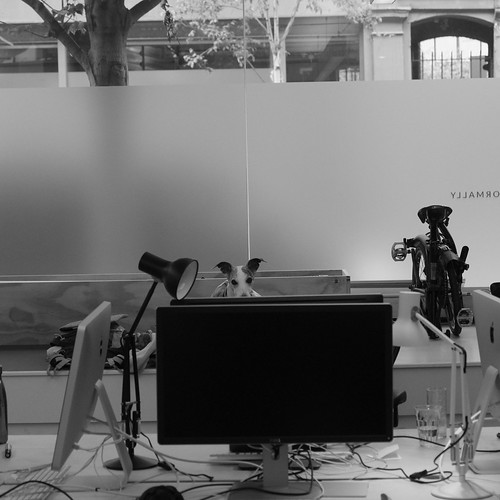
London design consultancy Normally
But it turns out that you don’t have to burn yourself out, to sacrifice yourself at the altar of late-stage capitalism, in order to get that. The people I write about in REST were incredibly creative, super-ambitious, and working in fields that were very competitive. They had every reason to overwork, but they found a way of working that meant they didn’t have to— even when they were working on ideas that would change the world.
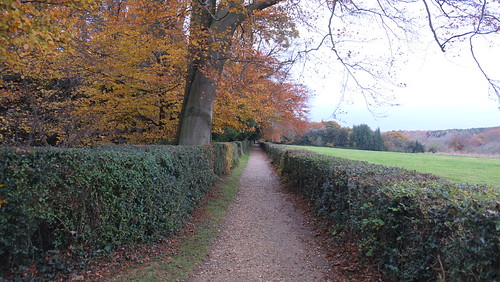
Charles Darwin’s Sandwalk, Down House
The companies I write about in SHORTER have figures out how to apply these principles in some of the most competitive and work-obsessed professions today: they include world-class restaurants, financial services firms, software startups, digital consultancies, and design agencies. They’re led by people who, like me, put in long hours earlier in their careers, and realized that they could build another way of working— that they had to find another way if they wanted to keep going— and that they could build entire companies that shared that way of working.
So that’s what sabbaticals can do for you.


